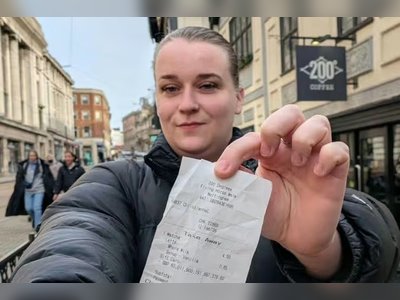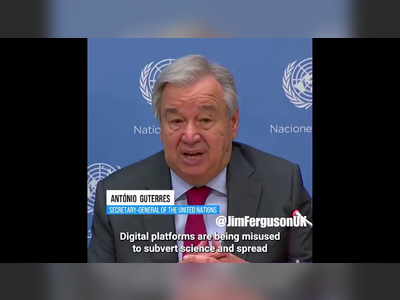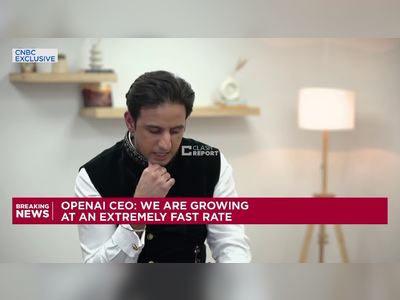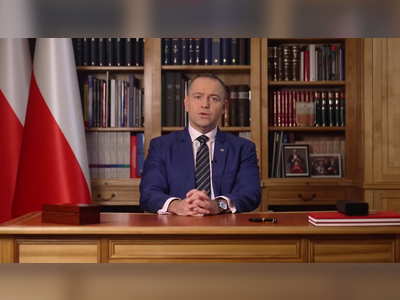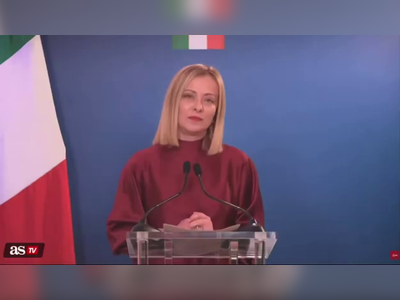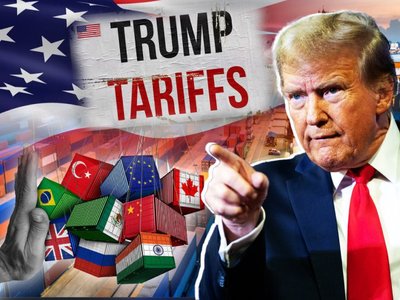Dutch Farmers Challenge Government Restrictions on Fertilizer Use Amidst Phosphate Concerns
Groningen's agricultural community faces potential yield declines as they fight legal battle over environmental regulations.
In a classic conflict between environmental policy and agricultural interests, farmers from the Groningen region of the Netherlands are challenging the government in court over restrictions on fertilizer application.
These measures, introduced by Agriculture Minister Femke Wiersma, aim to reduce phosphate levels in surface water — a move the farmers argue is unjustified and detrimental to their agricultural productivity.
The courtroom battle, brought by nearly a hundred local farmers, reflects broader tensions within Dutch agricultural policy, rooted in the EU's stringent environmental standards.
The farmers contend that the decree disproportionately impacts their operations without sufficient scientific basis and threatens to undermine the viability of their fields by leading to suboptimal crop yields.
Egbert de Vries, a prominent voice among the litigants, underscores the pressing concern: 'This policy rattles on all fronts,' he asserts, pointing to the potential economic repercussions and the perceived lack of targeted research specific to the region's unique environmental context.
Such disputes are becoming increasingly common across Europe, where agricultural communities are navigating the balance between maintaining productive yields and adhering to growing environmental mandates.
The implications of this case extend beyond Groningen, potentially influencing regulatory approaches across the continent.
As the short-term injunction unfolds, both farmers and policymakers are keenly aware that the outcome could set a precedent for future environmental-agricultural negotiations, with the eyes of the continent watching closely.
These measures, introduced by Agriculture Minister Femke Wiersma, aim to reduce phosphate levels in surface water — a move the farmers argue is unjustified and detrimental to their agricultural productivity.
The courtroom battle, brought by nearly a hundred local farmers, reflects broader tensions within Dutch agricultural policy, rooted in the EU's stringent environmental standards.
The farmers contend that the decree disproportionately impacts their operations without sufficient scientific basis and threatens to undermine the viability of their fields by leading to suboptimal crop yields.
Egbert de Vries, a prominent voice among the litigants, underscores the pressing concern: 'This policy rattles on all fronts,' he asserts, pointing to the potential economic repercussions and the perceived lack of targeted research specific to the region's unique environmental context.
Such disputes are becoming increasingly common across Europe, where agricultural communities are navigating the balance between maintaining productive yields and adhering to growing environmental mandates.
The implications of this case extend beyond Groningen, potentially influencing regulatory approaches across the continent.
As the short-term injunction unfolds, both farmers and policymakers are keenly aware that the outcome could set a precedent for future environmental-agricultural negotiations, with the eyes of the continent watching closely.

